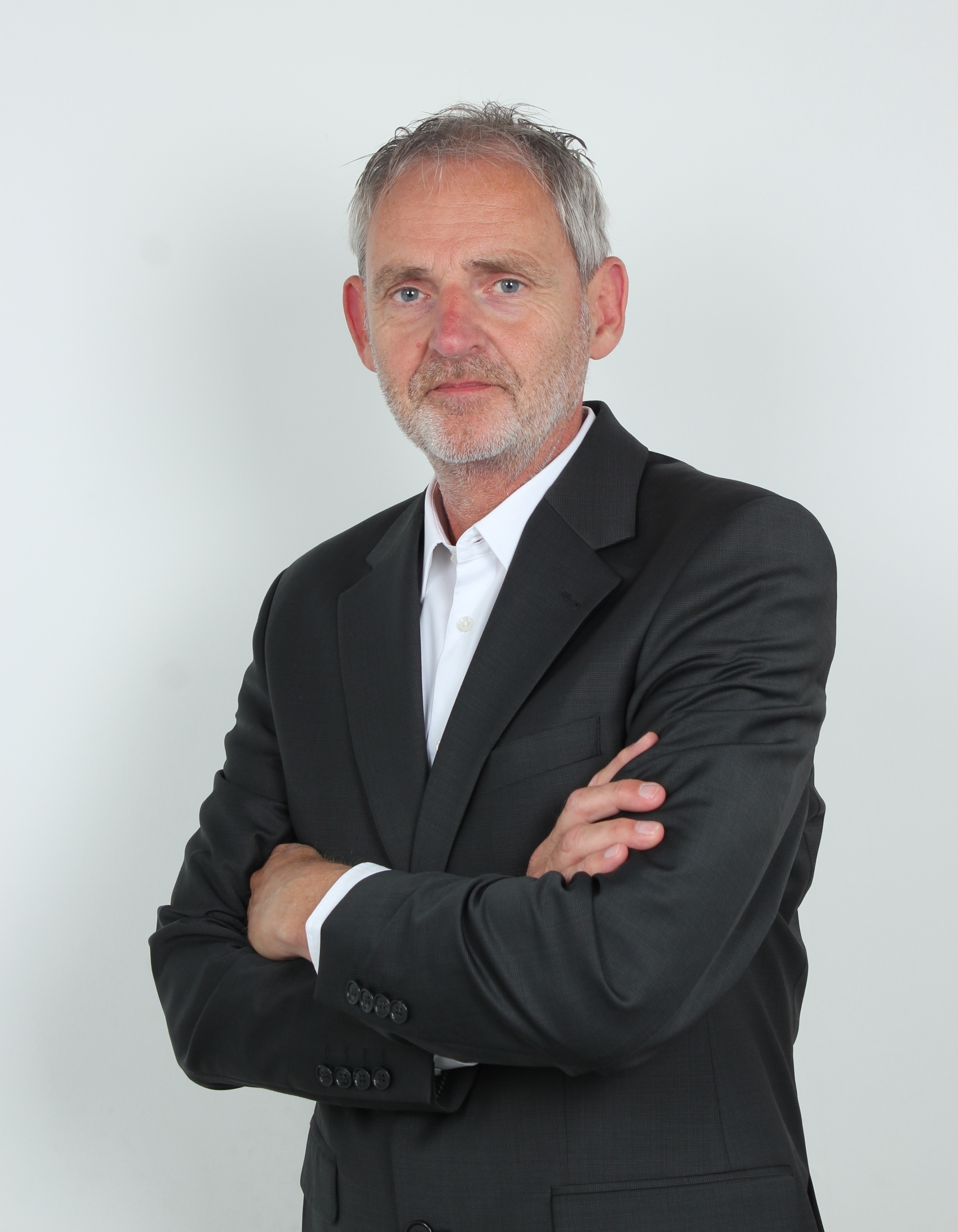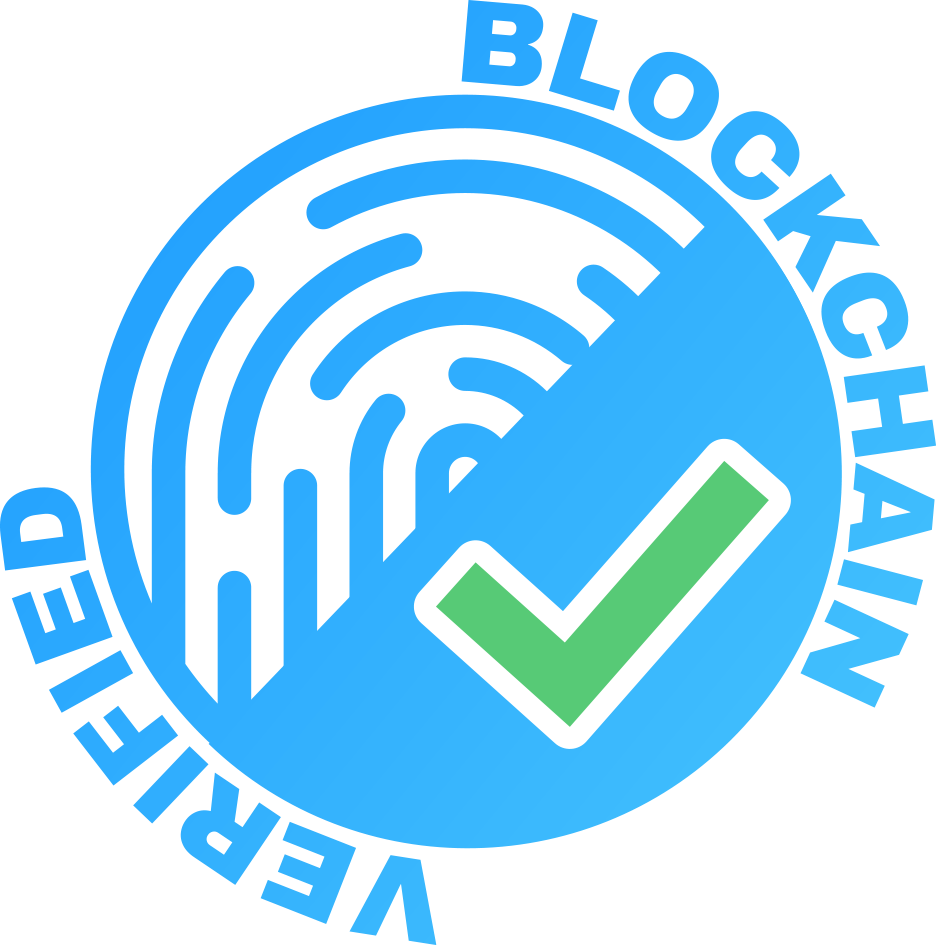Bringing radio, wireless, and electrical equipment to market involves navigating a complex web of testing and certification requirements. Every region has its own regulations, and compliance is essential for ensuring safe, reliable products that meet global standards. This guide provides an overview of the testing and certification processes for radio, wireless, and electrical equipment, focusing on global challenges and how IoT Consulting Partners Group can assist.
The Importance of Certification for Radio, Wireless, and Electrical Equipment
Certification ensures that devices comply with regional safety, electromagnetic compatibility (EMC), and radio frequency (RF) standards. It’s not just about meeting regulatory requirements; it’s about:
- Market Access: Without proper certification, products cannot be legally sold in major markets.
- Consumer Confidence: Certified devices build trust by demonstrating reliability and safety.
- Global Compatibility: Certification ensures seamless operation across different markets and environments.
Key Certification Standards Around the World
1. FCC Certification (United States)
The Federal Communications Commission (FCC) mandates RF and EMC testing to ensure devices operate within specified limits. This certification is critical for radio and wireless products entering the U.S. market.
Related Blog: A Complete Guide to FCC Modular Approval for IoT Devices
2. RED Certification (European Union)
Under the Radio Equipment Directive (RED), devices sold in the EU must comply with RF performance, EMC, and safety requirements. Additional cybersecurity standards will become mandatory in 2025.
Related Blog: Understanding the EU’s Cybersecurity Standards
3. SRRC Certification (China)
The State Radio Regulation Committee (SRRC) enforces strict testing for radio and wireless equipment to meet China’s unique spectrum and power standards, NAL for telecom testing and certification.
Related Blog: Navigating SRRC Certification in China
4. MIC Approval (Japan)
Japan’s Ministry of Internal Affairs and Communications (MIC) requires certification for radio and wireless devices, focusing on safety, RF compliance, and spectrum use.
Related Blog: Mastering Global IoT Compliance: Navigating RF Approvals Across Key Markets
Testing for Radio, Wireless, and Electrical Equipment
Testing is a vital step in the certification process, ensuring devices meet regulatory requirements and perform reliably. Key testing areas include:
RF Testing:
Verifies that devices operate within allowed frequency ranges without causing interference.
EMC Testing:
Ensures devices do not emit excessive electromagnetic radiation and can operate without interference from external sources.
Environmental Testing:
For electrical equipment, testing may include evaluating performance under various conditions, such as temperature, humidity, and vibration.
Safety Testing:
Confirms that devices meet electrical and mechanical safety standards to prevent harm to users.
Debugging: Overcoming Certification Challenges
Debugging is essential for addressing issues uncovered during testing. Common scenarios include:
- Interference Problems: Resolving conflicts between your device and other radio equipment.
- Power Output Adjustments: Ensuring compliance with regional RF power limits.
- Certification Failures: Identifying and fixing technical issues that prevent approval.
Debugging early in the development process can save time and avoid costly redesigns.
Challenges in Global Certification
1. Regional Variations:
Every region has unique rules and standards for radio, wireless, and electrical equipment.
For example:
- The U.S. focuses on spectrum efficiency and interference prevention through FCC certification.
- The EU emphasizes on effective use of the radio spectrum, protection of health and safety, adequate level of electromagenetic compatibility. c
2. Emerging Technologies:
New standards for technologies like Wi-Fi 6E, Wi-Fi 7, and 5G introduce additional testing requirements.
Related Blog: Wi-Fi 7 Testing and Certification
3. Evolving Cybersecurity Regulations:
Regulations like the EU’s EN 18031 and the FCC Cybersecurity Labeling Program require robust security measures for connected devices.
How IoT Consulting Partners Group Can Assist
At IoT Consulting Partners Group, we specialize in navigating the complexities of certification for radio, wireless, and electrical equipment. Our expertise spans multiple regions and standards, offering tailored solutions to streamline the process.
Our Services Include:
- Global Certification Guidance:
Support for FCC, RED, SRRC, MIC, and other regional certifications. - Pre-Compliance Testing:
Early identification of compliance issues reduces risks and speeds up certification. - Debugging and Troubleshooting:
Our experts resolve technical challenges efficiently, ensuring smooth certification. - Customized Compliance Strategies:
We create region-specific plans tailored to your product and target markets.
By partnering with us, you can reduce costs, avoid delays, and bring your product to market with confidence.
FAQs on Radio, Wireless, and Electrical Equipment Certification
1. Why is certification necessary for radio, wireless, and electrical equipment?
Certification ensures compliance with safety, EMC, and RF standards, enabling legal market access and building consumer trust.
2. When should testing and debugging begin?
Testing should start early in the development process to identify and address issues before formal certification.
3. How does IoT Consulting Partners Group assist with certification?
We provide end-to-end support, including testing, debugging, and certification guidance tailored to your target markets.
4. What are the main challenges in global certification?
Challenges include regional variations, evolving cybersecurity standards, and new testing requirements for emerging technologies.
Take the Next Step with IoT Consulting Partners Group
Ensuring compliance with global standards for radio, wireless, and electrical equipment is a complex but essential process. IoT Consulting Partners Group is here to guide you through every step, from bringing your wireless idea to life, testing and debugging to certification and market access.
Contact us today or schedule a free consultation to learn how we can help bring your product to market successfully.

|
Do You Have Questions? Schedule a Free Consultation Now! |

|


